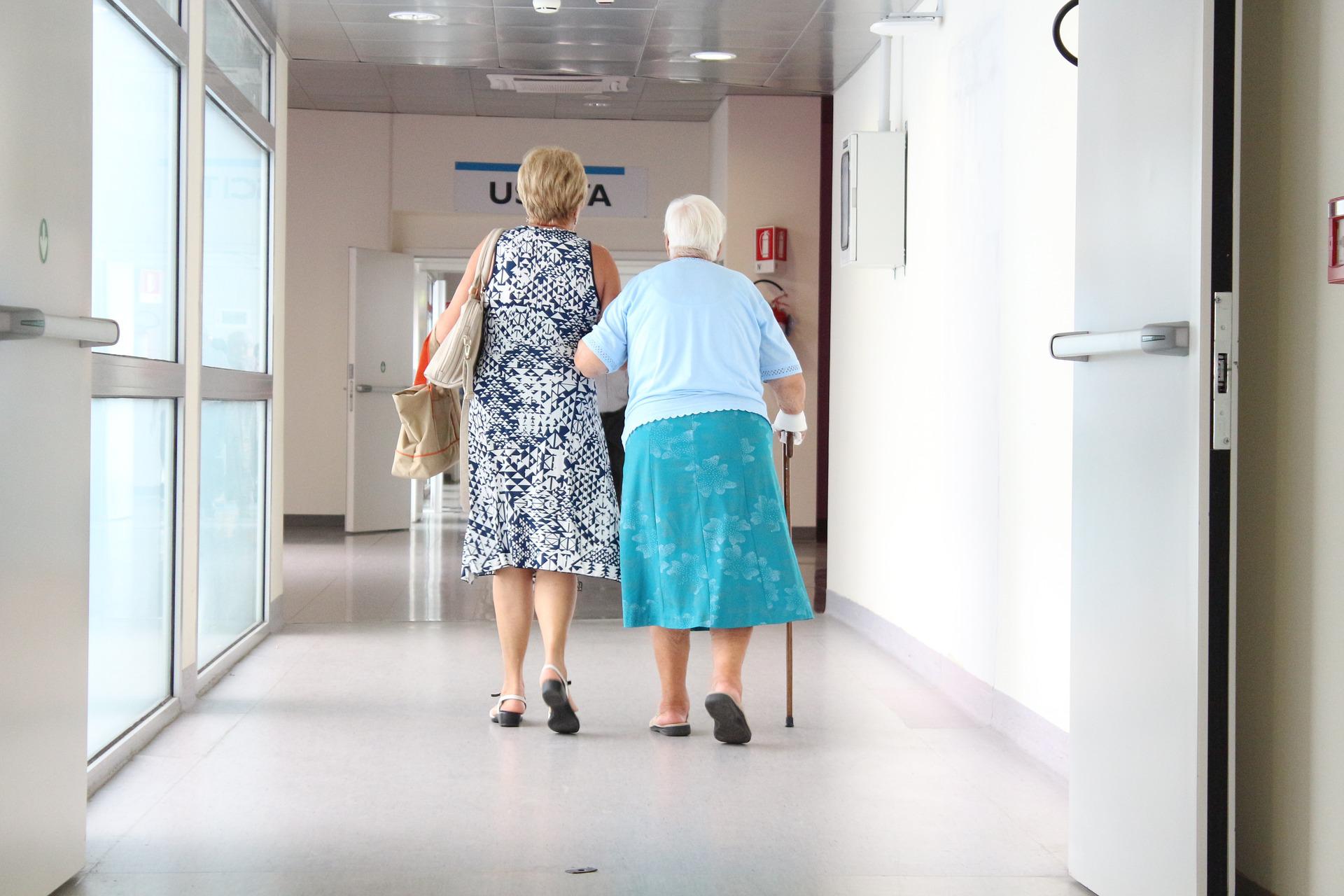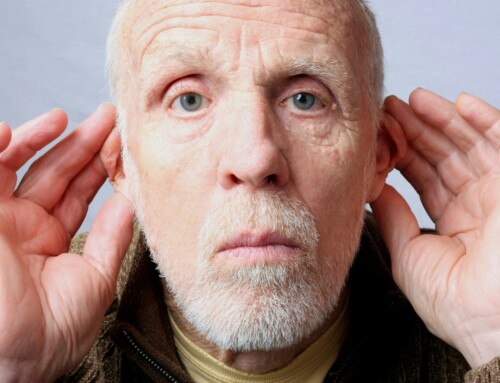Maintaining mobility as we age is crucial for preserving independence, quality of life, and overall well-being. As we grow older, our bodies undergo various changes that can affect our mobility, including decreased muscle mass, reduced bone density, and slower reaction times. However, with the right strategies, seniors can keep moving comfortably and safely. Here are some key ways to maintain mobility into old age:

- Engage in Regular ExerciseExercise is one of the most effective ways to maintain mobility. Seniors should focus on a balanced exercise regimen that includes:
- Strength Training: Exercises that build muscle strength, such as lifting weights or using resistance bands, help support joints and prevent falls. Activities like chair exercises can be particularly beneficial for those with limited mobility.
- Aerobic Exercise: Activities like walking, swimming, or cycling improve cardiovascular health and endurance. Aim for at least 150 minutes of moderate aerobic activity per week.
- Flexibility and Balance Training: Stretching exercises and balance training, such as yoga or tai chi, enhance flexibility, coordination, and balance, reducing the risk of falls and injuries.
- Maintain a Healthy Diet: Nutrition plays a significant role in maintaining mobility. A balanced diet helps in maintaining a healthy weight and providing essential nutrients for bone and muscle health. Key dietary tips include:
- Calcium and Vitamin D: Both nutrients are vital for bone health. Dairy products, fortified foods, leafy greens, and sunlight exposure help meet these needs.
- Protein: Adequate protein intake is crucial for muscle maintenance. Include lean meats, fish, beans, and legumes in your diet.
- Hydration: Staying hydrated is essential for joint health and overall well-being. Drink plenty of water throughout the day.
Those who live in assisted living or memory care have the advantage of access to meals that are nutritious and adapted to their individual dietary needs.
- Stay Mentally ActiveCognitive health is closely linked to physical health. Engaging in mental exercises can keep the mind sharp and improve motivation for physical activity. Activities like puzzles, reading, and learning new skills contribute to overall mental agility.
- Use Assistive Devices When Necessary: Assistive devices can help maintain mobility and independence. Common devices include:
- Walking Aids: Canes, walkers, and rollators provide stability and support while walking.
- Grab Bars and Handrails: Installing these in key areas, like bathrooms and staircases, can prevent falls and increase safety.
- Orthotic Supports: Shoes or insoles designed to provide additional support and reduce discomfort can be beneficial.
- Regular Health Check-UpsRegular visits to healthcare professionals help manage and prevent chronic conditions that can impact mobility. Conditions such as arthritis, diabetes, and cardiovascular diseases should be monitored and managed according to medical advice.
- Vision and Hearing Tests: Impaired vision and hearing can affect balance and mobility. Regular check-ups help ensure these senses are functioning optimally.
- Medication Review: Some medications have side effects that can impact balance or mobility. Regular reviews with a healthcare provider can help manage these effects.
- Create a Safe Living EnvironmentModifying the living environment can reduce the risk of falls and injuries. Whether the senior lives at home or resides in assisted living, you can take these proactive steps to protect them.
- Remove Tripping Hazards: Keep floors clear of clutter and secure loose rugs.
- Improve Lighting: Ensure that all areas of the home are well-lit, especially stairs and hallways.
- Install Non-Slip Mats: Use these in the bathroom and kitchen to reduce the risk of slipping.
- Social Engagement: Staying socially active can also contribute to better physical health. Social interactions often involve physical activities, such as walking with friends or participating in community events. Engaging with others can also provide emotional support and encouragement to maintain an active lifestyle.
A Banyan Residence Supports Overall Health
Maintaining mobility into old age involves a multifaceted approach that includes regular exercise, a healthy diet, mental stimulation, appropriate use of assistive devices, regular health check-ups, creating a safe living environment, and staying socially active.
The motivation of friendship and social events can kepp people moving well into their senior years. By incorporating these practices into daily life provided at A Banyan Residence, seniors can enhance their mobility, reduce the risk of falls and injuries, and enjoy a higher quality of life, surrounded by peers and engaging activities.






